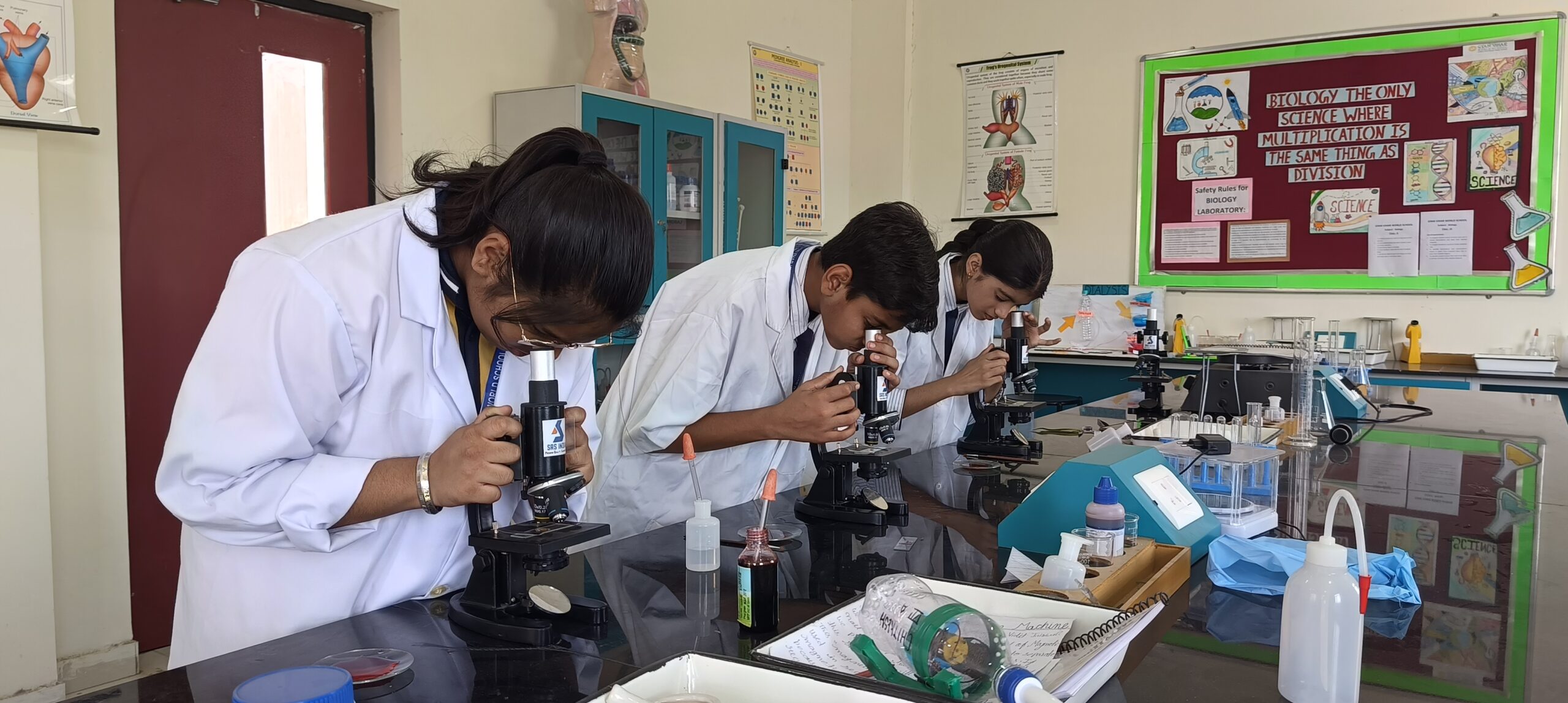Every year on April 22nd, the world comes together to celebrate Earth Day – a day dedicated to raising awareness about the critical role our planet plays in sustaining life and promoting environmental protection. But why do we celebrate Earth Day? What significance does it hold, especially for us as young people in India? Today, we embark on a journey to understand the importance of World Earth Day, exploring its history, purpose, and how we, as a generation, can contribute to a healthier planet.
A Look Back: The Genesis of Earth Day
The story of Earth Day begins in the late 1960s, a time marked by growing environmental concerns. Industrial pollution, oil spills, and the increasing degradation of natural resources were becoming alarmingly evident. It was against this backdrop that a pivotal moment occurred in 1970.
Senator Gaylord Nelson, a passionate advocate for the environment from Wisconsin, witnessed the devastating effects of a massive oil spill off the coast of Santa Barbara, California. The images of oil-soaked birds and a ravaged ecosystem sparked a fire within him. Senator Nelson envisioned a national day of environmental education and activism, a day to unite Americans in a common cause – protecting our planet.
April 22nd, 1970: The First Earth Day
With the support of environmental activist Denis Hayes, Senator Nelson set his plan in motion. He proposed a nationwide “teach-in” on environmental issues, targeting schools and universities across the United States. The date chosen – April 22nd, 1970 – fell between spring break and final exams, ensuring maximum student participation.
The first Earth Day proved to be a resounding success. An estimated 20 million people participated in rallies, demonstrations, and educational events across the country. Newspapers were filled with articles about environmental issues, and television channels broadcasted special programs highlighting the importance of environmental protection. Earth Day 1970 became a watershed moment, igniting a nationwide environmental movement.
Earth Day Goes Global: Expanding the Circle of Concern
The success of the first Earth Day resonated far beyond American borders. Environmental groups worldwide recognized the potential of a unified global movement. In 1990, on the 20th anniversary of Earth Day, Denis Hayes spearheaded a campaign to internationalize the event. Over 200 million people in 141 countries participated in Earth Day activities, raising environmental awareness on a global scale.
Since then, Earth Day has continued to evolve, becoming a truly international phenomenon. Each year, the Earth Day Network – a global organization coordinating Earth Day activities – selects a theme to guide global action. Past themes have focused on issues like climate change, biodiversity loss, and sustainable living.
Why Celebrate Earth Day in India? A Nation of Rich Biodiversity
India, a land of immense natural beauty and ecological diversity, has a profound connection with the environment. From the snow-capped peaks of the Himalayas to the lush rainforests of the Western Ghats, India boasts a wealth of ecosystems teeming with life. This rich biodiversity provides us with essential resources, and food security, and regulates our climate. However, this precious natural heritage faces significant threats.
Here’s a closer look at some of the environmental challenges India grapples with and why Earth Day holds immense importance:
-
Deforestation:
India’s forests play a crucial role in maintaining ecological balance, providing clean air, and regulating water resources. However, deforestation due to logging, agricultural expansion, and infrastructure development is a major concern. Earth Day serves as a platform to raise awareness about the importance of conserving forests and promoting sustainable forestry practices.
-
Water Pollution:
Water is a vital resource, but India faces a growing challenge of water pollution. Industrial waste, untreated sewage, and agricultural runoff contaminate rivers, lakes, and groundwater resources. This not only threatens public health but also disrupts aquatic ecosystems. Earth Day highlights the need for stricter environmental regulations, wastewater treatment initiatives, and promoting water conservation practices.
-
Air Pollution:
Rapid urbanization and industrial activity have contributed to rising air pollution levels in major Indian cities. This poses a serious threat to public health, causing respiratory illnesses and other health complications. Earth Day is an opportunity to advocate for cleaner technologies, stricter emission control norms, and promote sustainable urban planning practices.
-
Climate Change:
India is particularly vulnerable to the effects of climate change, including extreme weather events like floods, droughts, and heatwaves. Rising sea levels also threaten coastal communities. Earth Day serves as a crucial platform to raise awareness about the urgency of climate action and advocate for India’s transition to renewable energy sources and sustainable development practices.
By celebrating Earth Day and actively participating in environmental initiatives, Indian citizens can collectively work towards addressing these challenges and protect the rich biodiversity that sustains us all.
Gyan Vihar School: Nurturing Environmental Stewards
At Gyan Vihar School, a leading CBSE school in Jaipur and one of the Top Schools in Jaipur, we believe in fostering a generation of environmentally conscious young citizens. We integrate environmental education into our curriculum, encouraging students to learn about ecology, conservation, and sustainable practices. Earth Day is a significant occasion for us, and we organize various activities to promote environmental awareness and inspire action among our students.
These activities may include:
- Organizing essay writing competitions or debates on environmental issues.
- Holding presentations and discussions on topics like climate change or sustainable living.
- Encouraging students to participate in school-wide clean-up drives or tree plantation initiatives.
- Creating artwork or conducting performances that highlight the importance of environmental protection.
Beyond Celebration: Taking Action for a Sustainable Future
Earth Day is more than just a single day of celebration; it’s a call to action. It’s a reminder of our collective responsibility to protect our planet and ensure a sustainable future for generations to come. Here’s how we, as a nation, can translate the spirit of Earth Day into continuous action:
- Promoting Sustainable Practices: Simple changes in our daily lives can make a significant difference. Embracing sustainable practices like reducing our carbon footprint through walking, cycling, or using public transportation, conserving water and energy at home, and adopting the 3 R’s (Reduce, Reuse, Recycle) can collectively create a positive impact.
- Advocacy and Awareness: Spreading awareness about environmental issues and advocating for policy changes is crucial for long-term impact. Talk to your family and friends, participate in awareness campaigns, and support organizations working towards environmental protection. Hold your leaders accountable for environmental policies and encourage them to prioritize sustainability in their decision-making.
- Supporting Sustainable Businesses: The choices we make as consumers have a powerful influence. Support businesses that prioritize sustainability and ethical practices in their production and operations. Look for brands that use recycled materials, minimize packaging, and are committed to reducing their environmental footprint. By supporting such businesses, we can send a clear message that sustainability matters.
- Community-Based Initiatives: Environmental challenges cannot be tackled by individuals alone. Participating in community-based initiatives like tree plantation drives, clean-up drives, and water conservation projects fosters a sense of collective responsibility and empowers communities to create a positive environmental impact in their local areas.
- Innovation and Technology: Technological advancements can play a crucial role in promoting sustainability. Supporting research and development of clean energy technologies, sustainable agricultural practices, and waste management solutions can help us navigate environmental challenges more effectively.
By embracing these practices and actively engaging in environmental action, we can build a more sustainable future for India. Remember, even small actions, when multiplied by millions, can create a ripple effect of change.
The Power of Youth: Shaping a Sustainable Future
Young people like you are the future stewards of our planet. By adopting these practices and inspiring others to follow suit, you can make a significant difference. Remember, even small actions, when multiplied by millions, can create a ripple effect of change.
A Collective Responsibility for Our Earth
Earth Day is a powerful reminder of our collective responsibility for the well-being of our planet. The environmental challenges we face in India – deforestation, water pollution, air pollution, and climate change – demand immediate attention and collaborative action.
By adopting sustainable practices in our daily lives, advocating for environmental protection, and holding our leaders accountable, we can create a brighter future for ourselves and generations to come. Let Earth Day be a springboard for action! Let us join hands and work together to ensure a healthier, happier planet for all.
Gyan Vihar World School, one of the best CBSE schools in Jaipur, is committed to playing its part in this vital endeavor. We believe that by educating and empowering young minds, we can create a more sustainable future for our planet. Let’s celebrate Earth Day every day and work towards a future where humans and nature can thrive in harmony.







